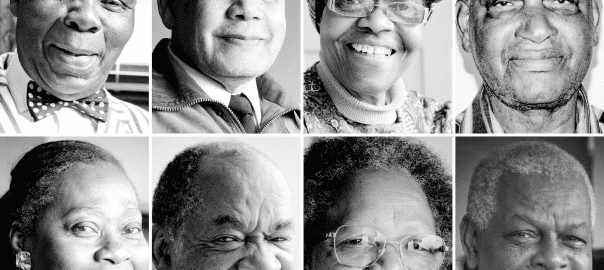Stacey Wood, Scripps College and Yaniv Hanoch, University of Southampton
Online fraud is today’s most common crime. Victims are often told they are foolish for falling for it, but fraudsters use psychological mechanisms to infiltrate the defences of their targets, regardless of how intelligent they are.
So it’s important to keep up with the latest scams and understand how they work.










